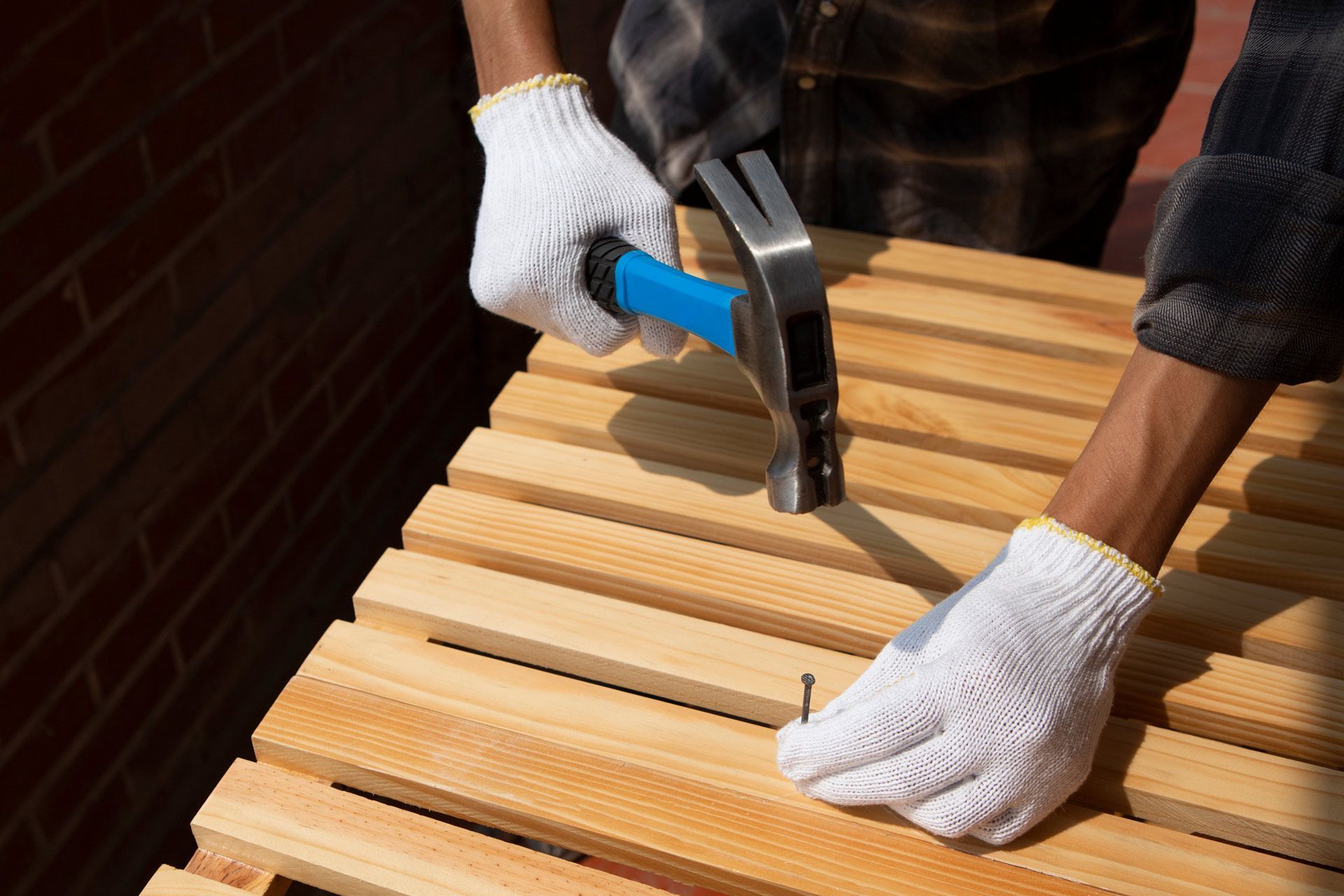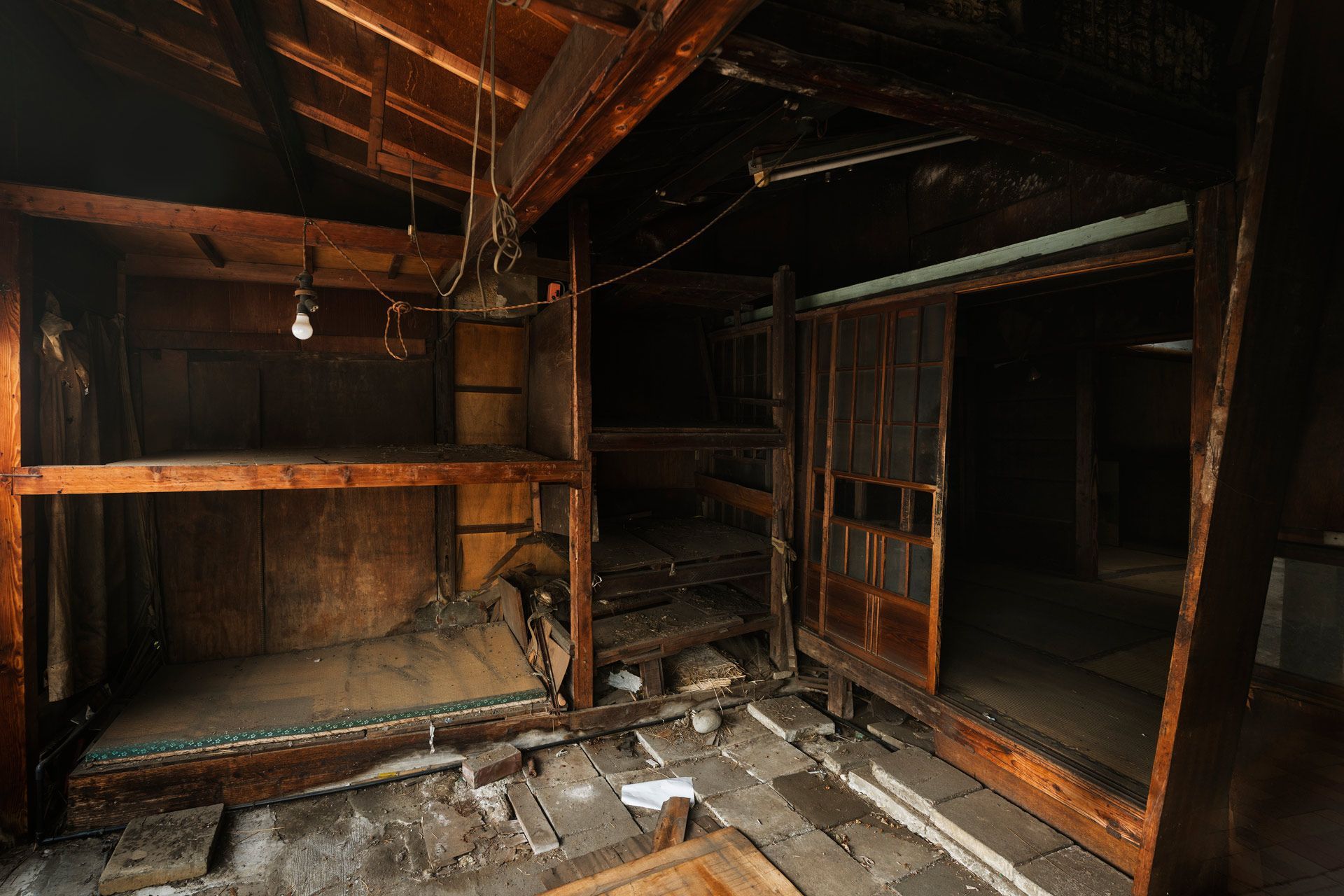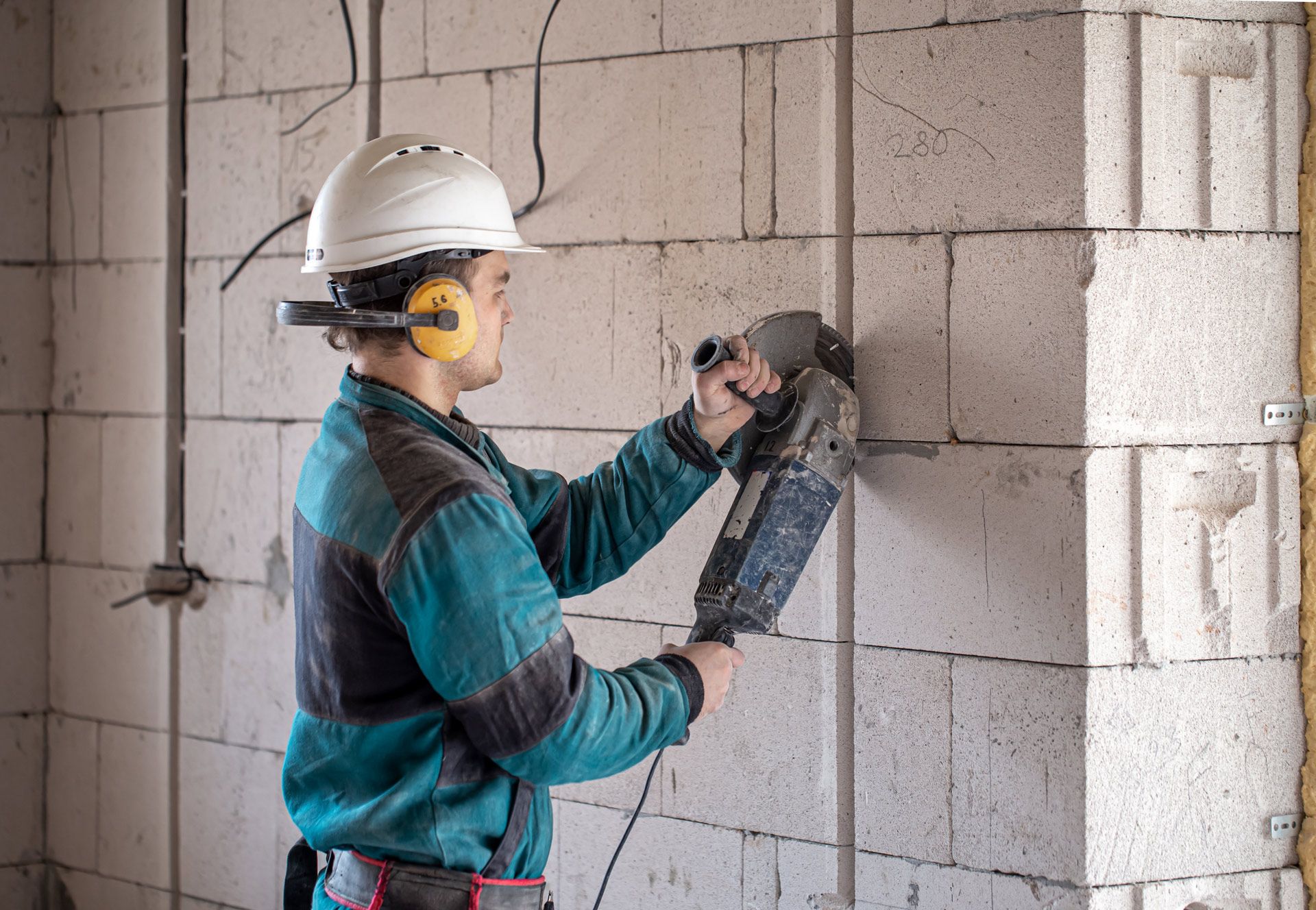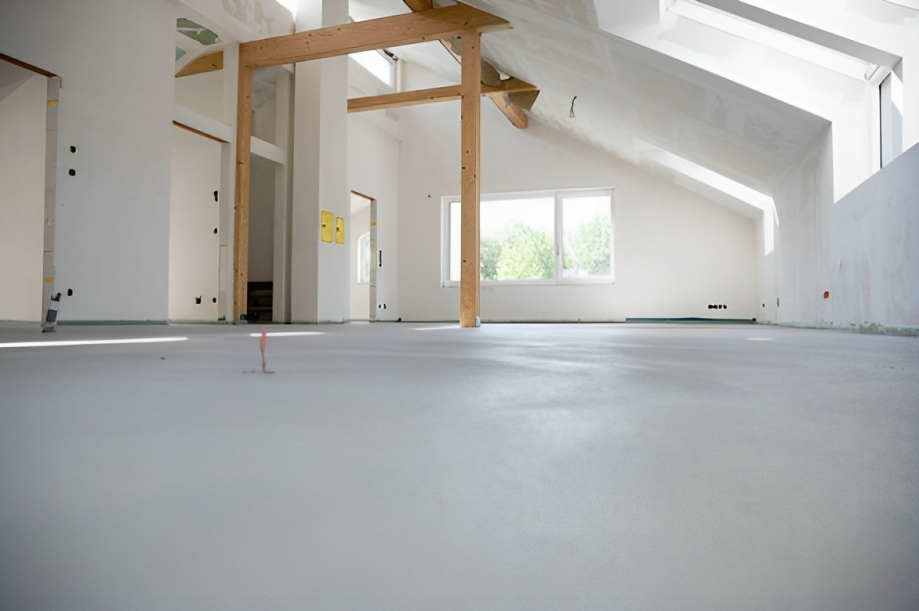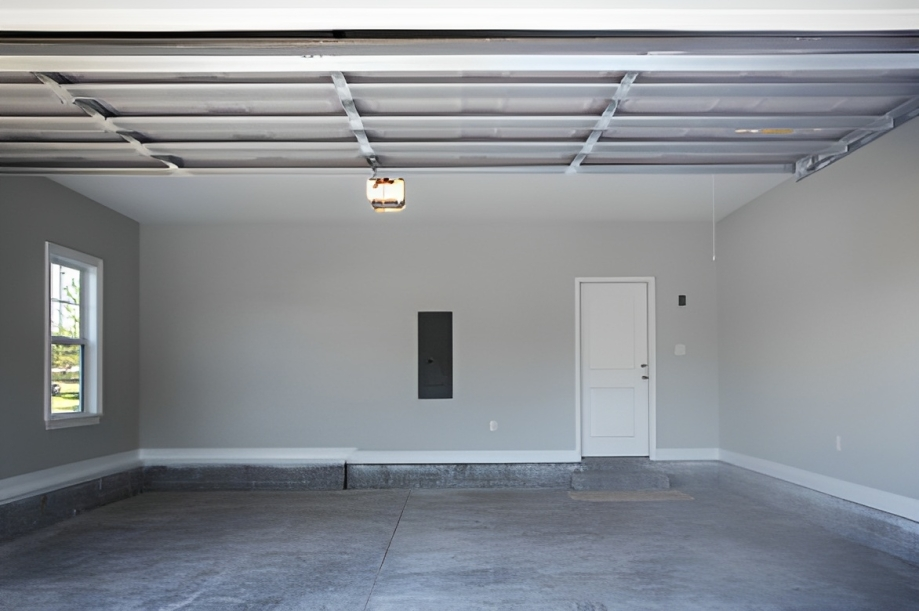Financing Options for Foundation Repair: A Comprehensive Guide

Got cracks in your foundation? That's more than just a structural headache—it's a financial puzzle, too. For lots of homeowners, the cost of fixing these issues feels overwhelming. But here's a bit of good news: you're not stuck.
There's a whole toolbox of financial options at your disposal, from straightforward personal loans to helpful government programs.
This guide's going to break them all down for you, one by one.
Ready to explore how to fix your foundation without toppling your finances? Let's dive in.
Personal Loans
In the hunt for foundation repair funds? Personal loans might just be your financial Swiss Army knife.
Here's the rundown: These loans don't require your house or car as collateral, making them an attractive, lower-risk financial tool. With a myriad of lenders out there—from traditional banks and credit unions to modern online financiers—finding the right fit can be as easy as a few clicks.
Pros and Cons
- Pros: Lightning-fast processing times mean you can get your hands on the funds swiftly, often without dipping into your home's equity. It's convenience at its best.
- Cons: The flip side? Interest rates can climb high, especially if your credit history is more shadow than sunshine. Higher rates mean higher repayments.
Average Interest Rates
Expect a broad spectrum of interest rates, typically stretching from 6% up to a daunting 36%. Factors like your credit history, income level, and choice of lender will dictate your rate. It's a variable feast, so come prepared to shop around for the best deal.
How to Apply
The application journey is surprisingly straightforward. Gear up with your financial statements, a clear picture of your debts, and be ready for a credit check. Digital applications have made this process quicker than ever, often with responses in a flash.
Home Equity Lines of Credit (HELOC)
Imagine a pot of cash that you can dip into whenever you need to patch up your home’s foundation. That’s essentially what a HELOC offers. It’s a flexible line of credit that turns your home’s equity into a financial lifeline for repairs. Think of it as a credit card, but with your house as collateral.
Pros and Cons
- Pros: Flexibility is the name of the game. Draw money as you need it, and only pay interest on what you use. Plus, interest rates are typically lower than personal loans.
- Cons: Your home is on the line. Fail to repay, and you risk foreclosure. Plus, rates can fluctuate since they’re often variable.
Understanding Equity
Your home’s equity is the difference between what your home is worth and how much you owe on it. HELOCs let you borrow a portion of this equity. The more equity you have, the larger the line of credit you could access.
How to Secure a HELOC
Securing a HELOC involves a few steps. First, you’ll need a good chunk of equity in your home—usually at least 15-20%. Lenders will also check your credit score, debt-to-income ratio, and possibly require a home appraisal. It’s a bit more involved than a personal loan but can be worth the extra steps for the lower interest rates and flexibility.
Government Assistance Programs
Tackling foundation repairs? Government programs can help, offering financial aid for various homeowner needs.
HUD's Title I Property Improvement Loan
HUD’s Title I program provides loans for essential home repairs, including foundations. It’s ideal for homeowners with less-than-perfect credit, offering a viable path to fund necessary improvements.
FHA 203(k) Rehabilitation Mortgage Insurance Program
The FHA 203(k) program rolls the cost of home repairs and purchase into one mortgage. It’s perfect for buying a home that needs work or updating your current home, covering extensive repairs like foundation fixes.
USDA Rural Development Home Repair Loans and Grants
For rural homeowners, the USDA offers loans and grants for repairs and modernizations, foundation work included. Aimed at low-income families, this assistance helps make homes safe and up-to-date.
Other Financing Options
While personal loans, HELOCs, home equity loans, and government assistance provide solid paths to funding foundation repairs, there are other avenues worth exploring, especially if you're looking for more flexibility or have unique financial circumstances.
Contractor Financing
Many foundation repair companies offer financing plans, allowing you to spread the cost over time. This can be a convenient option, but it's important to compare interest rates and terms to ensure it's competitive with other financing options.
Credit Cards
For smaller repair jobs or as a last resort, credit cards can offer immediate financing. However, high interest rates mean this option should be used cautiously. Look for cards with 0% APR introductory offers to minimize interest costs.
Tapping into Savings
If you have savings set aside, using them to pay for repairs can avoid interest and debt. Consider this route if you have enough to cover the cost without jeopardizing your financial security.
Frequently Asked Questions
Can insurance cover foundation repairs?
It depends on your policy and the cause of the damage. Typically, homeowner's insurance does not cover foundation repairs due to natural settling. However, if the damage is from a covered event, like a plumbing leak, you may be eligible for coverage. Always check with your insurance provider.
Are there tax benefits to financing foundation repairs?
In some cases, yes. If the repair significantly improves your home, you may be able to deduct the interest on a loan used for the repairs. Consult with a tax professional to understand your specific situation.
How do I estimate the cost of foundation repairs?
The cost can vary widely depending on the extent of the damage and the repair method. It's best to get multiple quotes from reputable foundation repair companies. They can assess the damage and provide a detailed estimate.
How do I choose the right financing option?
Consider the total cost of the loan, including interest rates and fees, and how the monthly payments fit into your budget. Also, think about the loan term and how quickly you want to be debt-free. For large, expensive repairs, secured loans like HELOCs or home equity loans might offer lower interest rates. For smaller repairs or if you lack home equity, personal loans or contractor financing might be better suited.
Conclusion
Navigating the financial aspects of foundation repairs doesn't have to be overwhelming. With a variety of financing options available—from personal loans and HELOCs to government assistance and beyond—there's a solution out there to suit almost every situation. Remember, the key is to weigh the pros and cons of each option, considering interest rates, repayment terms, and your personal financial situation.
Ready to transform your home with unmatched quality and craftsmanship?
Choose Bryant Construction for all your home improvement needs. From the vibrant touch of interior painting to the intricate details of custom home building, our expertise covers it all.
Embark on your next home renovation, addition, bathroom remodel, or basement transformation with confidence. Serving Draper, Sandy, Lehi, West Jordan, and South Jordan—your dream home awaits.
Contact us today and let’s bring your vision to life!


